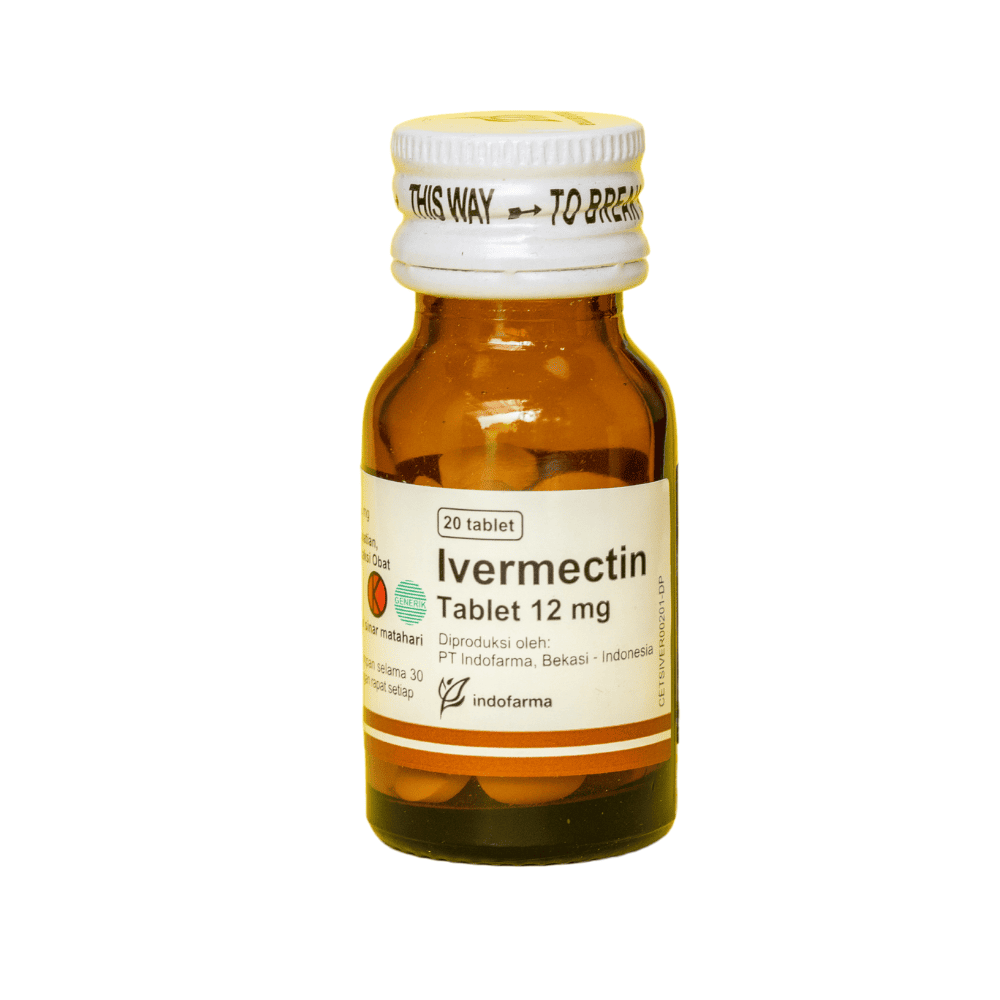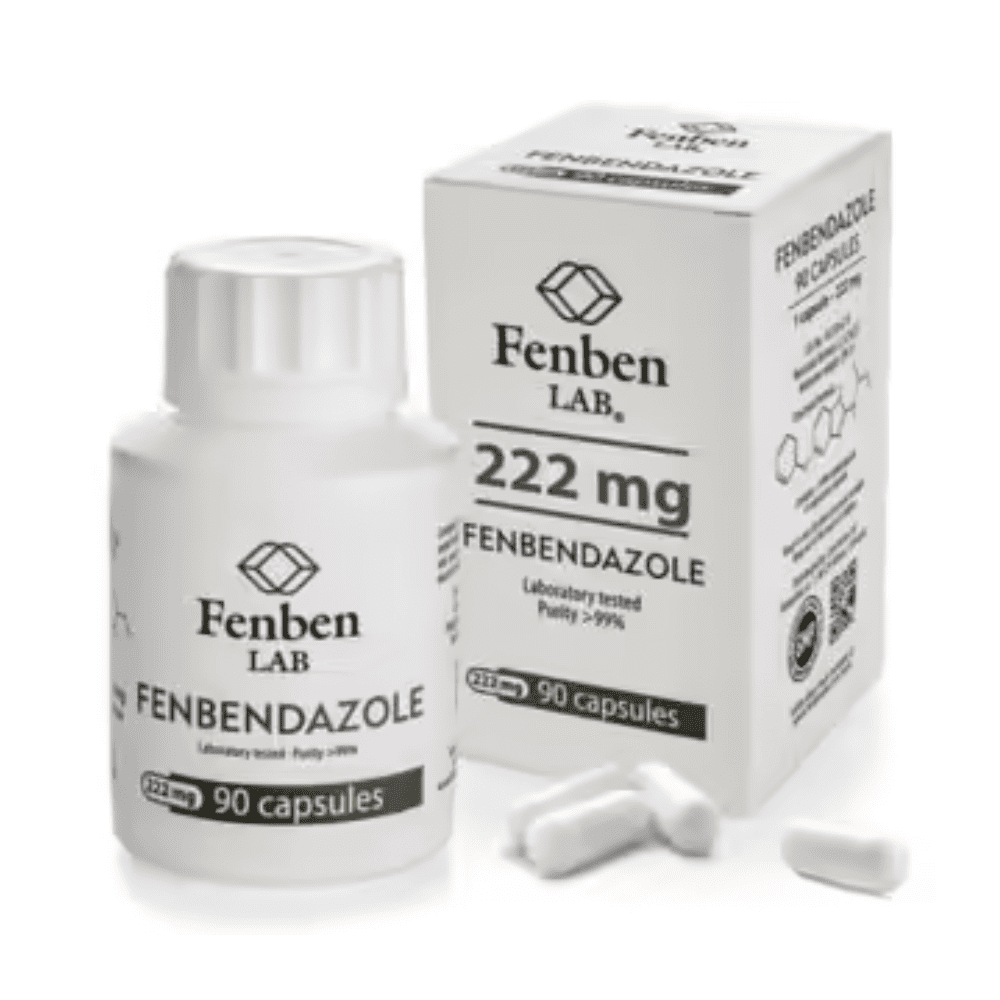Ivermectin is a widely used antiparasitic medication that has been approved for the treatment of various parasitic infections in humans. Originally developed as a veterinary drug, Ivermectin has been found to be highly effective in treating a range of parasitic diseases, including onchocerciasis (river blindness), strongyloidiasis, and scabies. Its mechanism of action involves paralyzing and killing parasites by disrupting their nervous system, making it a powerful tool in the fight against parasitic infections.
Ivermectin is generally well-tolerated by most patients, but it is essential to use it under the guidance of a healthcare provider. The dosage and duration of treatment depend on the type of parasitic infection being treated. For example, a single dose may be sufficient for certain conditions, while others may require repeated doses over several days or weeks. It is crucial to follow the prescribed treatment regimen to ensure the complete eradication of the parasites.
While Ivermectin is considered safe for most people, it can cause side effects in some individuals. Common side effects include dizziness, nausea, and mild skin rashes. More severe reactions are rare but can include allergic responses and neurological symptoms. It is important to inform your healthcare provider of any other medications you are taking or any underlying health conditions you may have before starting Ivermectin treatment.
For more information on parasitic infections and treatment options, visit our Anti-Parasitic Solutions page, where we provide detailed insights into various treatments and preventive measures.


